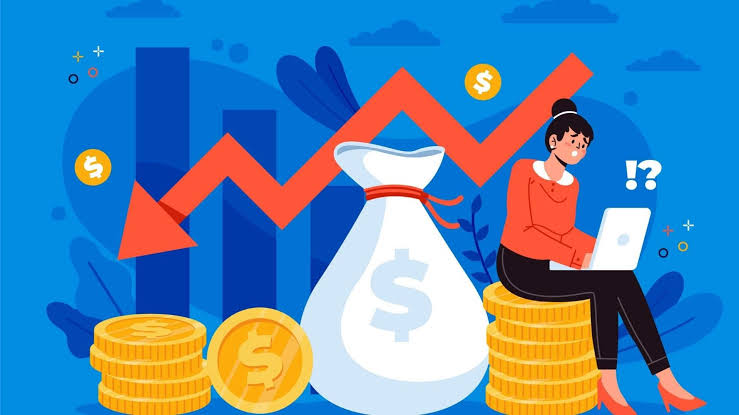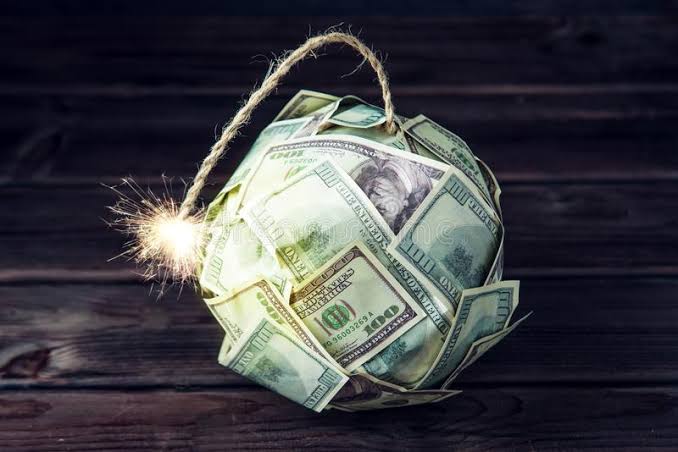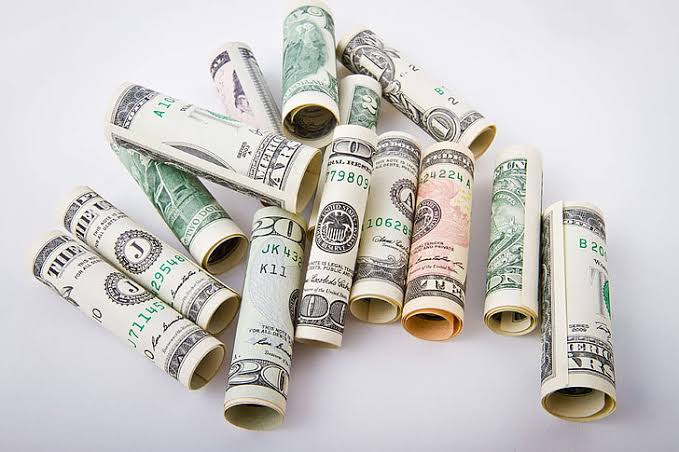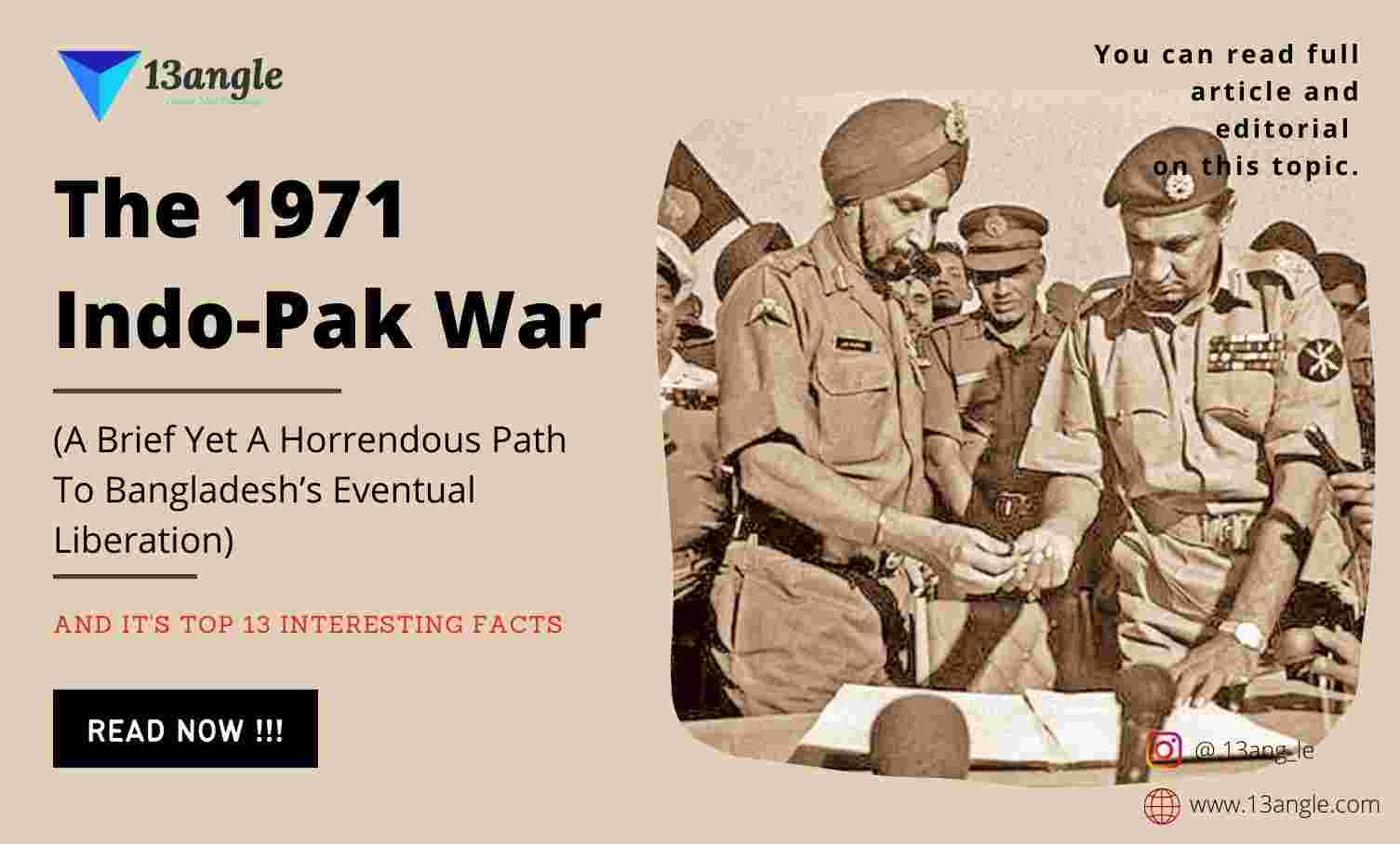
Global War
This is a deliberate attempt by developed economies to depreciate the value of their domestic currencies in other to raise the level of their economy. This is done through devaluation, depreciation and increase of exchange rate. This Is an attempt to stimulate their economies by introducing complexities like Fixed exchange rate, developing nation can lower the peg of their currencies which is already fixed.
Negative Effect Of Currency War
The negative effect of a currency war is the devaluation of currency may lower the quality of production, since the importation of heavy machinery will become expensive for local production due to currency devaluation.
Effect Of Devaluation And Revaluation Of Currency

According to IMF policymakers are directed to avoid unscrupulous exchange rates which will be unfair to gain undue advantage, under fixed rates.
The danger of increasing the price of importation and encouraging the demand for local products, Devaluation cause inflation which in turn will aggravate the government to increase the interest rate to control the economy. To the developed economy devaluation is a sign of weakness, it also dampens investor’s confidence in an economy which also blocks the country’s foreign direct investments.
To revalue currency is the upward change in the value of a countries currencies, the government of a country can equate 10 unit of it currency to $1 to devalue they would announce that 20 units of its currency will exchange for $1, with this announcement the currency has been devalued. to revalue the government then announces to instead of exchanging 10 units to $1 they will now henceforth exchange 5 units to $1, with this revaluation dollar is less expensive at home.
Monetary Policies
This is a tool by many countries to grow their economies, this has been used to stimulate their country’s economic growth since the advent of the economic crisis of 2007-2009. Developing countries have suffered from implementing policies of developed countries such as Japan and the USA, a rigorous monetary policy is what led to the global war on the currency. Currency war is aimed at manipulating the exchange rate to increase domestic competition which interns lead to the economic crisis. Developed countries use modern monetary policies systems to manipulate exchange rates, types of modern policies used are interest rates as key monetary policies. The interest rate used by developing countries has a negative effect on their economy. There are various monetary policies used by developed countries and has been caning since 2007.
The main instrument used by developing countries is the interest rate, monetary policy is different for the different economies and can have a negative effect when interest rate policies are applied.
Economic Implication Of Devaluation

There is great importance to devaluing one’s owns currency to address economic problems. Devaluation is a situation when the government wishes to reduce the value of its countries’ currencies and thereby increasing the balance of trade. It can assist the economy by making domestic export less expensive, enabling people exporting access to favorable foreign markets. It also makes imports more expensive, providing a Disadvantage for Local consumers to purchase foreign goods, Borrowing for importation is beneficial to local producers leading to lower levels of imports (which can benefit domestic producers) but which reduces the real income of consumers Devaluation can lead to a reduction in citizens’ standard of living as their purchasing power is reduced both once they buy imports and once they travel abroad. It also can add to inflationary pressure. Devaluation increases interest payment on international debt if those debts are domiciled in a foreign currency, this discourages foreign investors.
The combined effect is going to be to scale back or eliminate the previous net outflow of foreign currency reserves from the financial institution, so if the devaluation has been to an excellent enough extent the new rate of exchange is going to be maintainable without foreign currency reserves being depleted any longer. However, the devaluation increases the costs of imported goods within the domestic economy, thereby fueling inflation This, in turn, increases the prices within the domestic economy, including demands for wage increases, all of which eventually flow into exported goods. These dilute the initial economic boost from the devaluation itself. Also, to combat inflation, the financial institution would increase interest rates, hitting the economic process. A devaluation could also end in an outflow of capital and economic instability. In addition, a domestic devaluation merely shifts the economic problem to the country’s major trading partners, which can take counter-measures to offset the impact on their economy of a loss of trade income arising from the initial evaluation.
Reason For Depreciation Of Currencies

It may seem counter-intuitive, but a strong currency isn’t necessarily in a nation’s best interests. A weak domestic currency makes a nation’s exports more competitive in global markets and simultaneously makes imports costlier. Higher export volumes spur process, while pricey imports even have a uniform effect because consumers choose local alternatives to imported products. This improvement within the terms of trade generally translates into a lower accounting deficit (or a greater accounting surplus), higher employment, and faster GDP growth. The stimulative monetary policies that sometimes end in a weak currency even have a positive impact on the nation’s capital and housing markets, which successively boosts domestic consumption through the wealth effect.
Avoiding Currency War
The growing threat of trade and currency wars hung within the air at the IMF-World Bank Annual Meetings last weekend. The “global rebalancing” agenda—an initiative led by us and a couple of other countries to induce accounting surplus economies to understand their currencies and import more goods and services—is having unintended but predictable consequences. The shared purpose that existed two years ago—when G20 economies partnered to stimulate global demand and rescue the financial system—has vanished, replaced by finger-pointing and admonitions.
In arguing so forcefully for “rebalancing,” us has always been on shaky ground. Here was the country liable for the best consumption and construction binge in history declaring that things must change; those other countries should mend their ways, relying less on lending to us and more on their own spending; that U.S. exports would double in five years, which the remainder of the world’s currencies must appreciate to assist out.

Meanwhile, we gave no signs of undertaking the painful long-term fiscal reforms—such as instituting consumption and gasoline taxes, ending the mortgage decrease, and establishing a needs-tested Social Security system—needed to extend its dismal national savings rate. and therefore, the difficulties within the three other large trading blocs further complicated things: the sovereign debt crisis in Europe; mixed signals from China about its currency flexibility; and Japan’s relapse into deflation.
Recent developments—including the recent U.S. House bill that threatens China with countervailing duties for holding down its currency, the vitriol about exchange rates within the op-ed pages, declarations by various finance ministers that they might not allow their currencies to become uncompetitive, and Japan’s return to intervention after a six-year hiatus—suggest things could turn much uglier.
What is often done to avoid a currency war, and mitigate the threat of eventual protectionism? To answer this question, we first review who has seen the most important appreciation since the outbreak of the crisis and why.
13 Interesting Facts of Currency War
- Monetary Policy- Monetary policy that aimed at competitive devaluation led to the currency wars. Currency war is a deliberate policy of manipulating exchange rates downwards to increase domestic competitiveness that takes place in many countries at the same time and can lead to an economic crisis.
- Fixed Exchange Rates- When a currency appreciates or strengthens in relation to other currencies, imports get cheaper. This means your dollar will buy more of another foreign currency so that you can purchase foreign goods. Lower inflation: When the exchange rate for a currency strengthens, it makes imports cheaper.
- US-China Currency War- US-China trade war is the world’s two largest economies locked in a struggle to impose ever-greater tariffs on each other’s goods in order to gain trade dominance. And now there is a new dimension: a currency war. The term ‘currency war’ was coined in 2010 by Guido Mantega, the Brazilian minister of finance, but competitive devaluation is nothing new and has been practiced for decades. Due to the China-US trade conflict, it has been increasingly frowned on as an aggressive economic act, with policymakers deliberately driving down exchange rates, or fixing them too low, to secure an advantage. It’s a situation that can spiral when nations retaliate in a tit-for-tat competition, as we are now witnessing with the US-China trade war developing into a currency fight.
- Inflation- Currency wars do create inflation, but not enough to lead to violence as some have claimed. The 2008 food riots were caused by commodity speculators. As the global financial crisis pummeled stock market prices, investors fled to the commodities markets.
- Jawboning- When leaders publicly advocate for a weaker currency
- Managing FX Rate- This is when countries don’t let their exchange rate float freely
- Capital Control- Taxing transactions or limiting transfers can slow inflow od cooling the demand of a currency
- Exchange Vs Currency War- Currency war, also known as competitive devaluations, is a condition in international affairs where countries seek to gain a trade advantage over other countries by causing the exchange rate of their currency to fall in relation to other currencies.
- Economic Stimulus- Cutting interest rates or pumping money into the economy sends money fleeing to other countries with higher rates.
- Competitive Devaluation- Competitive devaluation is a theoretical scenario in which one nation matches an abrupt devaluation in another country’s currency, often in a tit-for-tat manner. In other words, one nation is matched by a currency devaluation of another, which in turn devalues their currency in response
- Purpose of Currency War– A currency war is a tit-for-tat escalation of currency devaluation aimed at improving one’s economic position on the global stage at the expense of another. Currency devaluation involves taking measures to strategically lower the purchasing power of a nation’s own currency.
- Consequences of Currency Wars- Economists fear that the current round of competitive monetary expansion would result in a protracted round of currency wars which might even provoke retaliation from other countries and lead to conflicts both in the markets and in the geopolitical sense.
- Conclusion on Currency War– The political endeavors to gain competitive advantages through exchange-rate devaluation sows mistrust among nations, and the ensuing regime uncertainties frustrate the business community. Over time the conflict over exchange rates tends to destroy the global division of labor.






